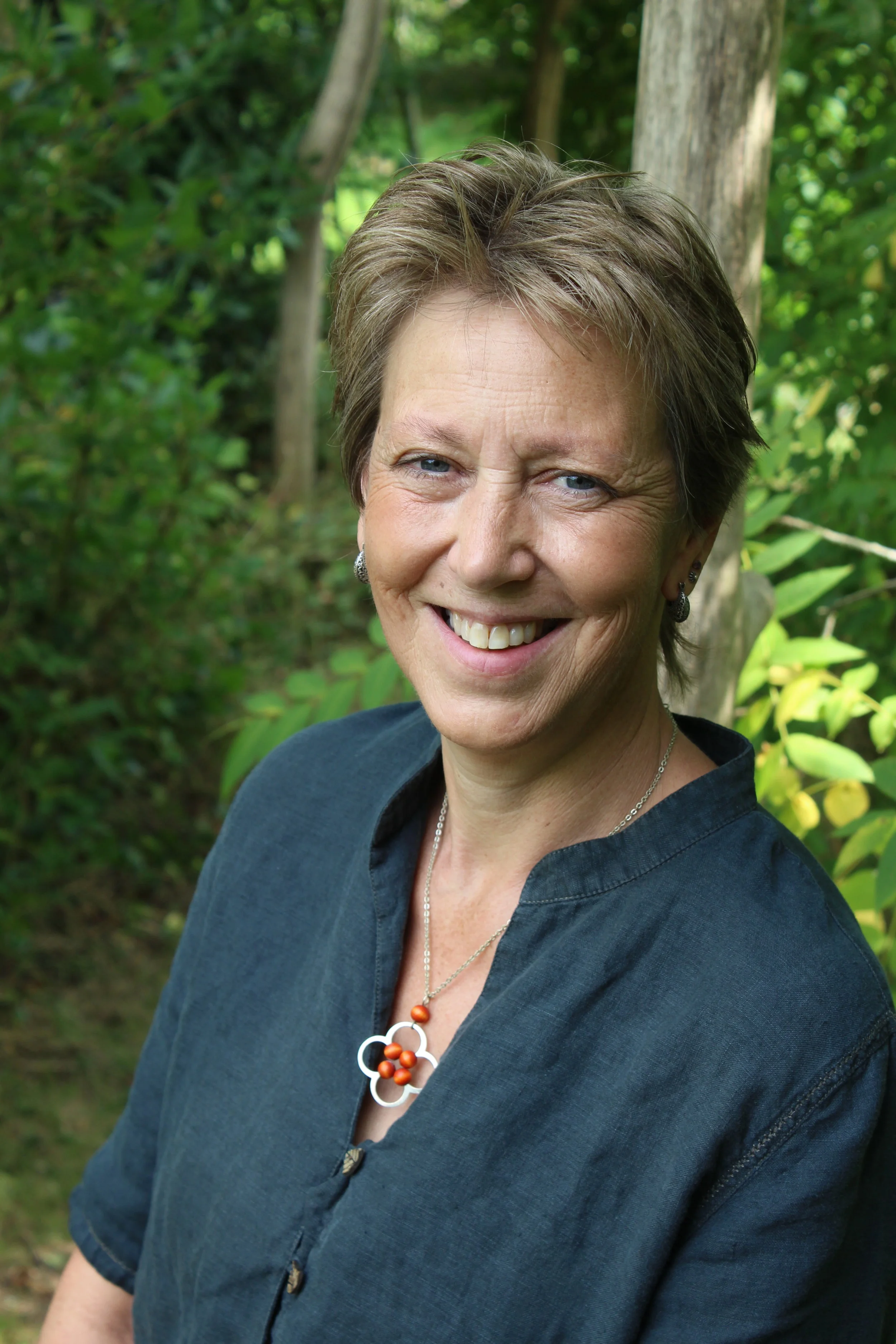About Rowan
I have always been passionate about plants.
I advocate the living tradition of herbal medicine through teaching practical courses, writing and lecturing. I aim to raise awareness of environmental issues, to teach people about the qualities of common, easily found plants to make simple remedies, thus empowering people to look after themselves and to nurture and value their environment – to care for the soil.
Having studied herbal medicine at the School of Herbal Medicine (Phytotherapy), and botany at the University of Birmingham, I qualified as a Medical herbalist in 1990. Privileged to have learnt from Christopher Hedley (my first teacher), Carol and Stephen Church, Carole Guyett and many others, I was a consultant Medical Herbalist for many years, growing and making my most of my own medicines, whilst teaching others to do likewise.
I have created gardens; photographed, drawn and painted plants; established a comprehensive photographic library of herbs and wildflower portraits that has been used internationally; travelled extensively to research traditional uses of herbs, and been fascinated by the role plants have in shaping cultures.
“ALCHEMY
for Rowan McOnegal
Ghosting through rainmist
rising from damp Herefordshire earth
like a tall tree is a wooden house.
Around it, dew-necklaced winter shrubs.
Within, women melting beeswax,
shredding bay leaves, rosemary,
sieving rose hips through muslin,
sipping tinctures,
exchanging old knowledge.
Breathe this epiphany of frankincense and myrrh,
turmeric’s bright dust,
this spiced warming chrism.
In December’s darkness, in the leaden days,
hope for a glint of gold
that has travelled the spice road.”
About Herbal Medicine
All over the world, for thousands of years, people have used indigenous plants for food and medicine, making herbalism the most tried and tested form of traditional healing.
Even today, 80% of the world’s population rely on local plants rather than pharmaceutical drugs for medicine. Plants can be used safely and effectively in the form herbal teas, tinctures, syrups, ointments, oils and many other preparations to maintain, restore and enhance health. They can enrich our lives.
Foraging and growing your own food and medicine is still a pleasurable activity and forms part of a healthy lifestyle. The demands of the marketplace often run counter to real quality, so learning how to cultivate your own is very rewarding, often being tastier and healthier.
It is important we source our medicines sustainably, whether that is wild harvested or from cultivated stocks, so as not to threaten the survival of plants and ecosystems – another good reason to have your own herb garden.


